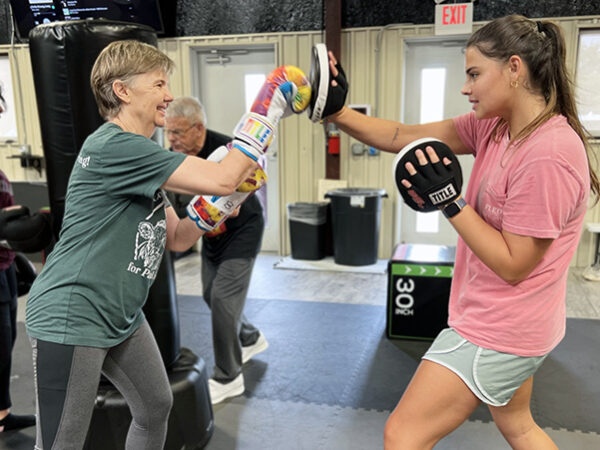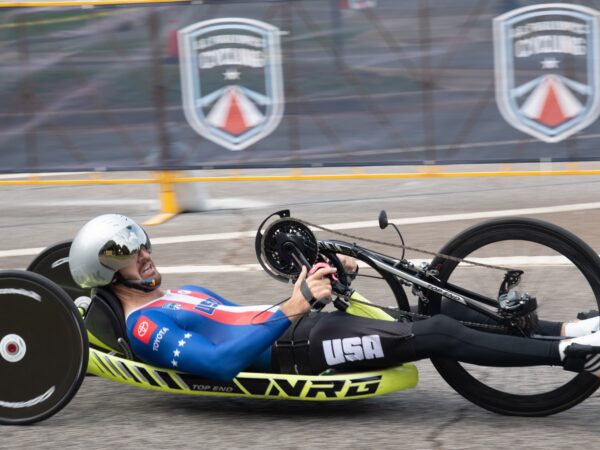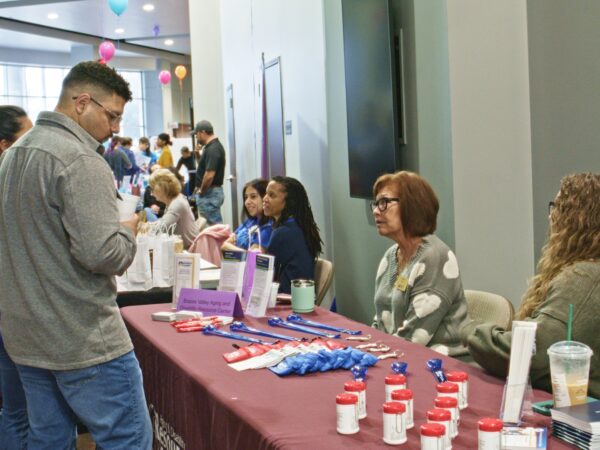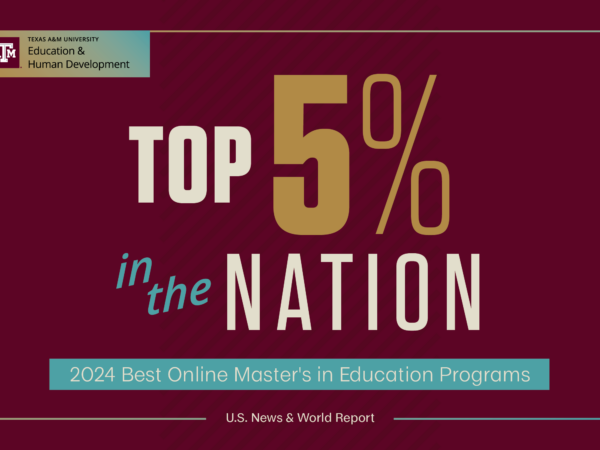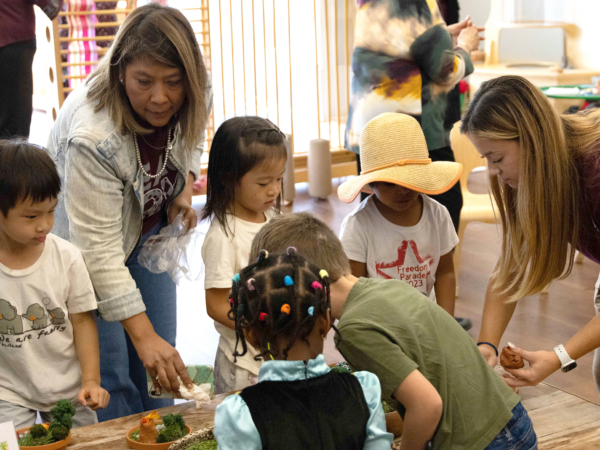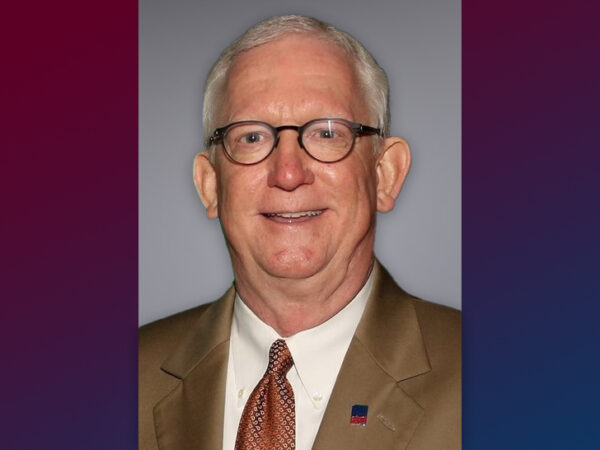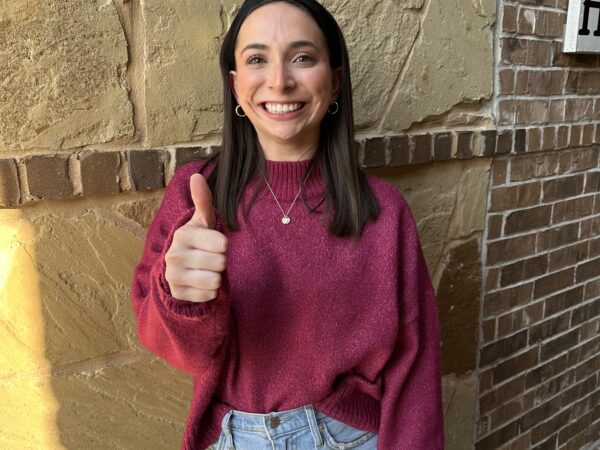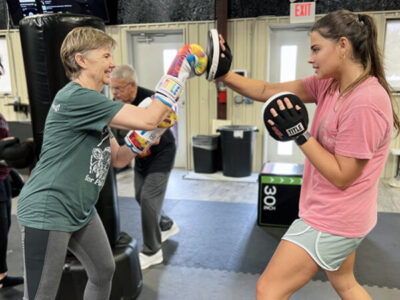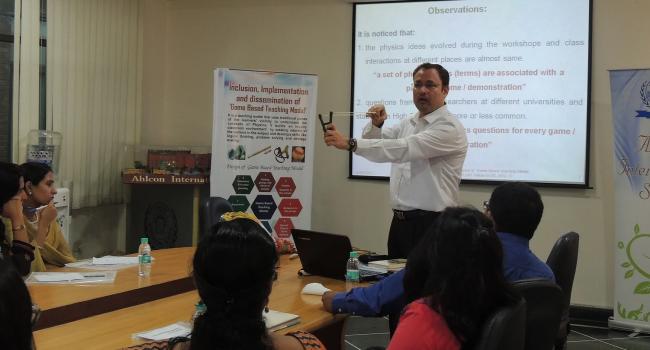
Using Games To Change The Way We Teach
His passion for exploring new trends in learning and teaching landed him at Texas A&M to work on his doctorate in learning sciences. But, his desire to change education in his home country of India began 18 years ago.
Suresh Joshi has taught high school physics in various international schools in India. He found his students were losing interest in the classroom and looked for new ways to teach. He saw a student playing with a slingshot and had an idea.
“It just so happens the next day I was teaching the transfer of kinetic energy into potential energy. I used the slingshot as an example. The students were engaged and the post-test proved they understood the concept. Instead of just selecting the right answer, most wrote explanations as to why it was the right answer.”
Joshi began using the games for teaching physics and began to see success in the classroom. Hoping to build on that success, he decided to apply for the Fulbright Scholarship. In 2012, Joshi received the scholarship and continued his research at the University of Maryland where he studied the responses to the game-based teaching from different student groups, teachers and academics.
Based on those responses and feedback he received, Joshi returned to India to implement his research for students and teachers that do not have resources to expand their learning and teaching. 80 percent of schools in India are in villages where students do not have access to basic instruments to perform experiments.
“Those students are really underserved because they have never seen any different methodology in teaching. It’s not their fault or someone else’s fault – it’s because the teachers are not equipped.”
Joshi’s workshop that he conducted in India in December 2016 involved the students and teachers in hands-on activities using low-cost pedagogical tools based on games. The goal was to encourage them to use these games and resources available in their communities to develop a self-sustaining educational system.
Students from different schools exchanged ideas and challenged their peers which helped to build their interactions at a school level. The informal interactions also helped develop skills such as logical thinking, critical thinking and strategy building.
“Students and teachers were inspired to train others within the community to develop a self-sustaining and self-training system, which is very necessary in these rural areas,” explained Joshi. “We never know where those Einsteins are. The next one could be just sitting in front of you and just needs to be really motivated.”
Based on responses of the students, teachers and researchers, Joshi calls the workshop a success.
“It was beneficial to the teachers because they took it as an opportunity to learn something new. It was practically useful. It was highly motivating for the students because they got to know these different techniques are there.”
Joshi admits he will be eternally grateful for his Fulbright experience and the grant activities he has participated in since. He also appreciates the grassroots learning that he got during his tenure with Ahlcon International School in India and the dynamic leadership of the school principal in achieving these scholarships. Joshi appreciates being able to help his community learn, help teachers to improve their instruction and students explore new learning strategies and serving as inspiration for other educational leaders in his community.
“My Fulbright exchange has broadened my perspective of learning and living. It has taught me to make efforts to teach others, particularly those who do not have the means to learn.”
Joshi is still researching games and models in the classroom while also working on his doctorate in learning sciences. He is interested in the role of digital technology on adolescent learning and development.
About the Writer
Ashley is the Media Relations Coordinator and responsible for news coverage in the Department of Teaching, Learning and Culture as well as the Department of Educational Psychology.
Articles by AshleyFor media inquiries, contact Ashley Green.
Fundraising
To learn more about how you can assist in fundraising, contact Amy Hurley, Director of Development ahurley@txamfoundation.com or 979-847-9455



